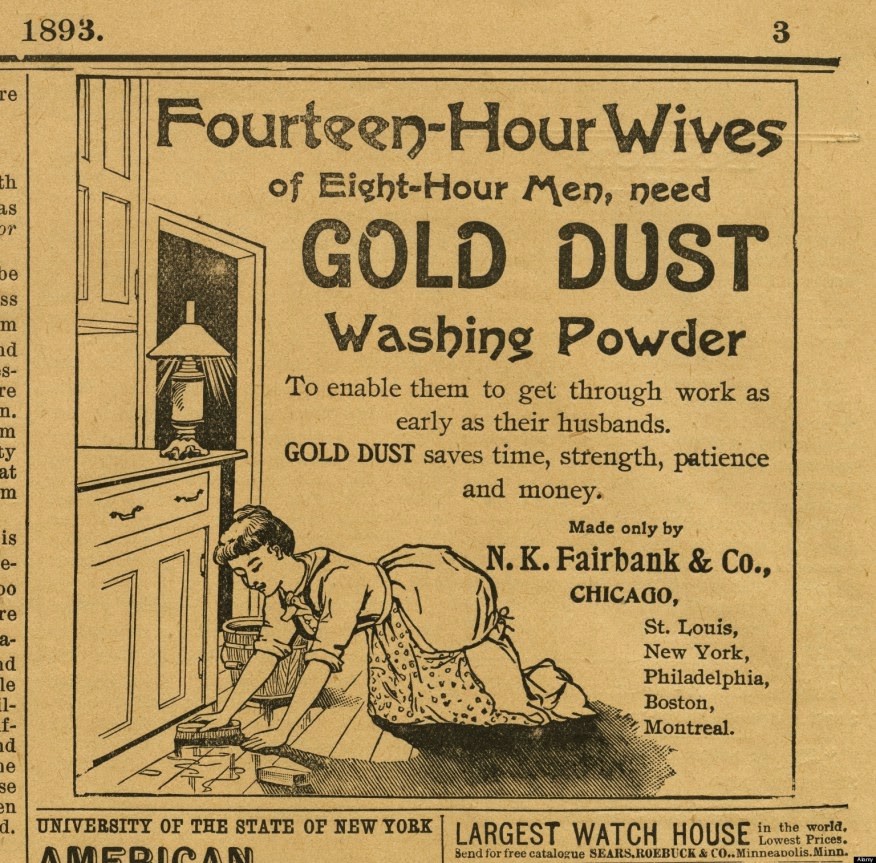As an author of YA fiction, I'm always interested in what makes a particular book or series a success, and I've come to some conclusions.
I read the Twilight series by Stephanie Meyers because of it's extraordinary financial success, and the almost immediate movie options. I wanted to see why kids liked it so much, and I'm not talking about follow the crowd kids, I'm talking about sane and sensible kids headed for college on work scholarships.
After reading the books - not my favorite series, I must admit - I started talking about them with the kids who loved them very much. Their pleasure they took in the books was described in numerous ways but always wound up as Sanitized Gothic Romance.
The romantic notion of vampires was there, based as always on the psychological thrill of rape, but in Twilight the blood suckers deny themselves unrestrained pleasure in exchange for imperial self control. The noble werewolf was also present, as self sacrificing as ever, but now additionally a protector of humanity. If that's not cleaning up monsters, I don't know what is.
The teens I talked to wanted clean, heady, sexual tension, with an ever present danger based solely upon self control. Stephanie Myers' generated great success by writing an intense Goth relationship built on incredible physical desire and the conflict with social convention to not give in to that desire. She added the on-again, off-again hunger of Edward the vampire to consume his beloved Bella, which created a lot of sexual tension.
The Twilight movies were inevitable because of the 'fairytale' aspect of it - the diamond glittering skin, the ability to fly and run faster than the wind, to hear whispers from afar. Look how many TV series have been launched recently, all concerned with the same kind of drives as base human beings, but dressed up with the fairytale ambiance. Myers did that.
~
When I heard about a new runaway best seller in YA called The Hunger Games long before the movie release, I expected to find more of the same. I was very (happily) wrong. There is no sexual tension in the story, which is so unlike YA lit these days as to be remarkable in that aspect alone. (CW execs - PLEASE take note.)
The book grabs you with an act of selfless love (saving her sister by paying the tribute with her own life), and keeps you racing for the next chapter as Katniss develops character, cunning, and style in direct challenge to staying alive. Along the way she faces and overcomes bullies, defends the weak, demands honor for the disenfranchised, and ultimately flies in the face of unimaginable power - and wins. Our heroine leads the 'have-nots' in revolt against the 'have-everythings', a position that resonates all too well with modern youth. Yes, many YA books have the same tropes, and many more to be written will as well. Suzanne Collins gave us one of the great ones.
Author Suzanne Collins connected with a youthful audience who'd grown up on 'reality TV'. The format of the games themselves, to be watched and judged by an invisible audience, rang true with modern kids in a new way. The fate of the warriors was ultimately up to the viewers, a circumstance which has become status-quo for present-day talent searches.
Perhaps most importantly, today's kids are ready to accept a strong, healthy, physically gifted, clever, and inventive female character, as long as she's as deeply flawed as they feel themselves to be, of course. Every teen, even the boys, identify strongly with loyal, trustworthy Katniss.
~
J.K. Rowling gave us an incredible world, peopled with wondrous things, and intricate plots that eventually tied everything (and I mean everything) up neat and tidy. Her literary skills are far and above better than 97% of modern writers. She is a gifted and talented author, completely unique. Looking to discover what made her Harry Potter series so incredibly popular should stop short at: She gave us a hell of a story with memorable characters in a truly gifted writing style.
All of these YA authors had incredible luck. Some were placed in the right place to be supported by those who could move their books forward. Others built their popularity solely by word of mouth. They all became parts of merchandising plans that tied to enormously successful films. And yes, the authors each reached different levels of literary accomplishment, which in the end mattered very little to the financial bottom line.
What do these three series have in common? They immerse the reader into a personal relationship with their characters. YA authors need to write strong, sympathetic characters in order to capture the attention of teen readers.

















